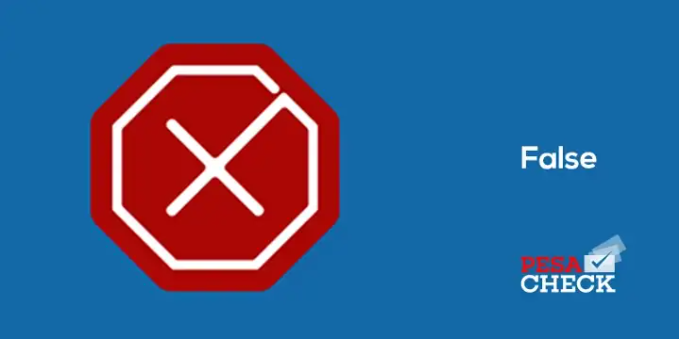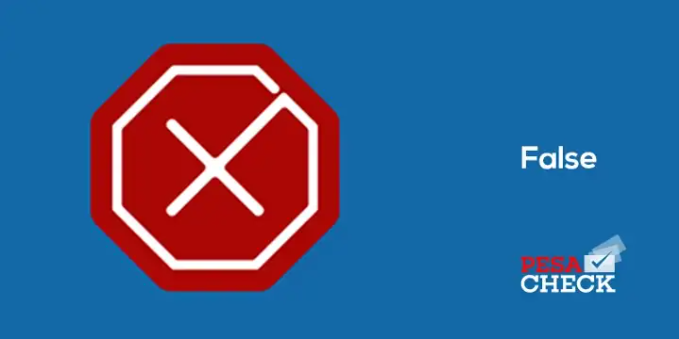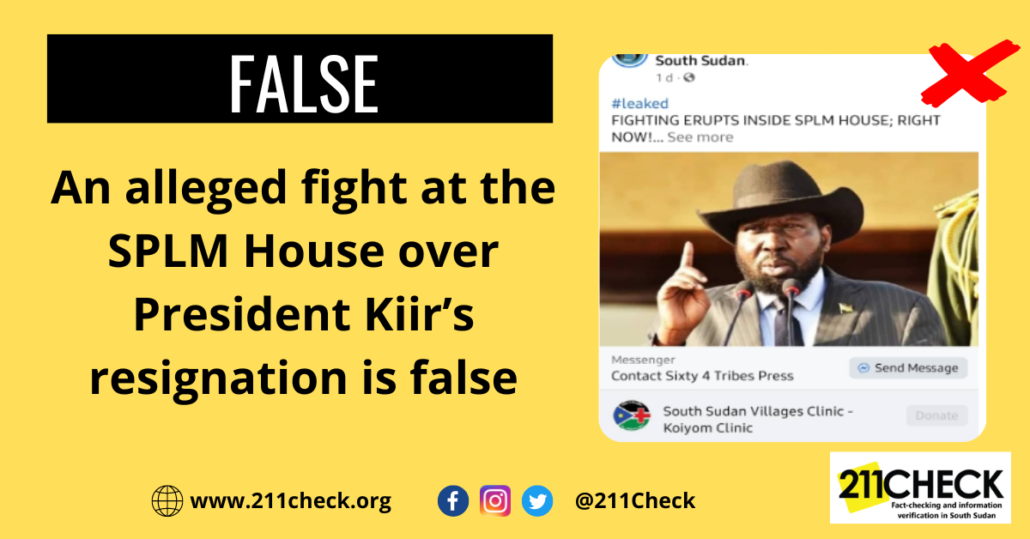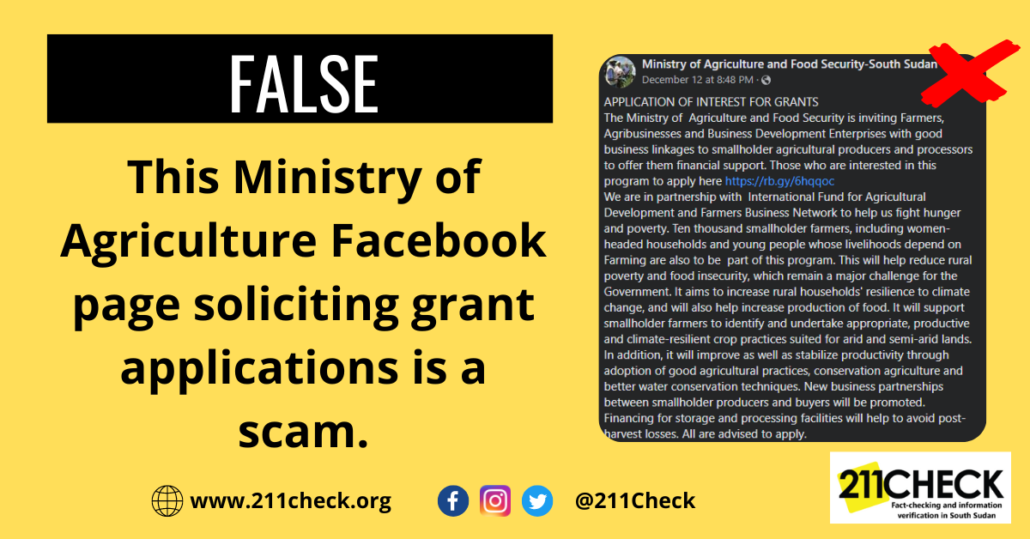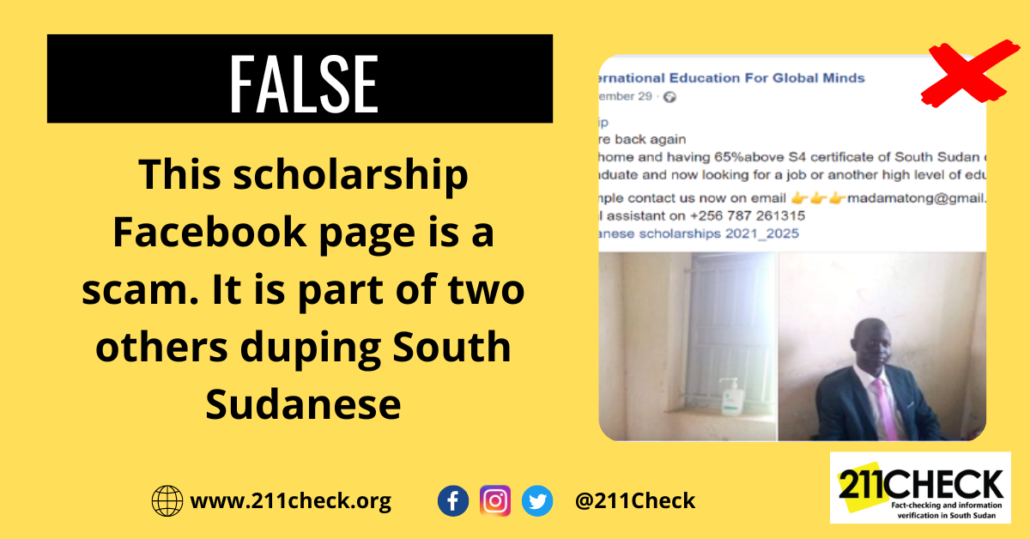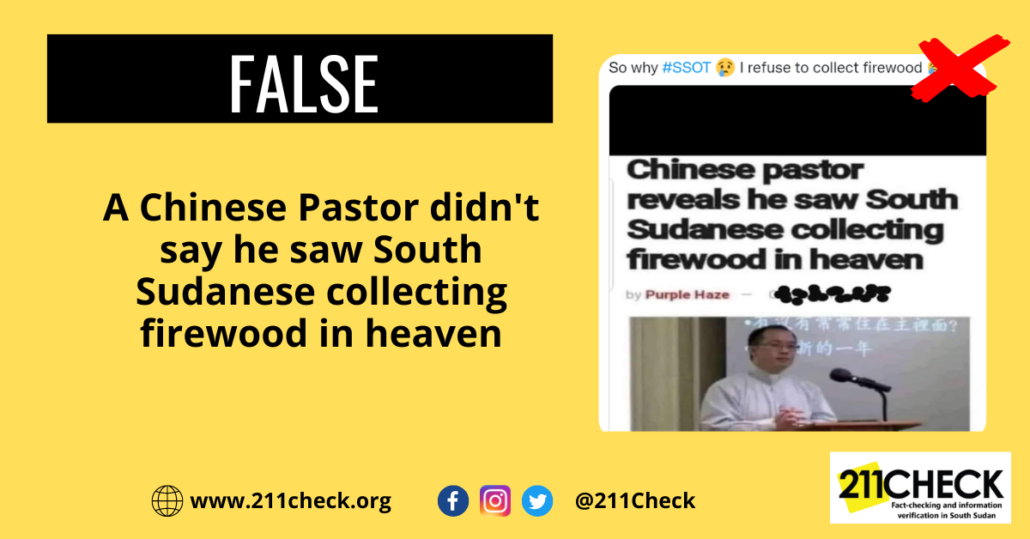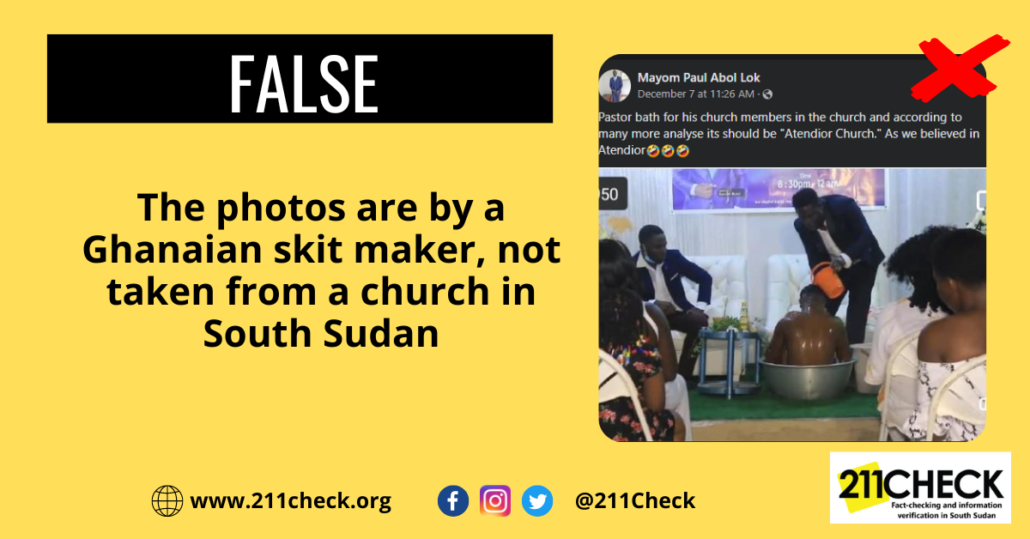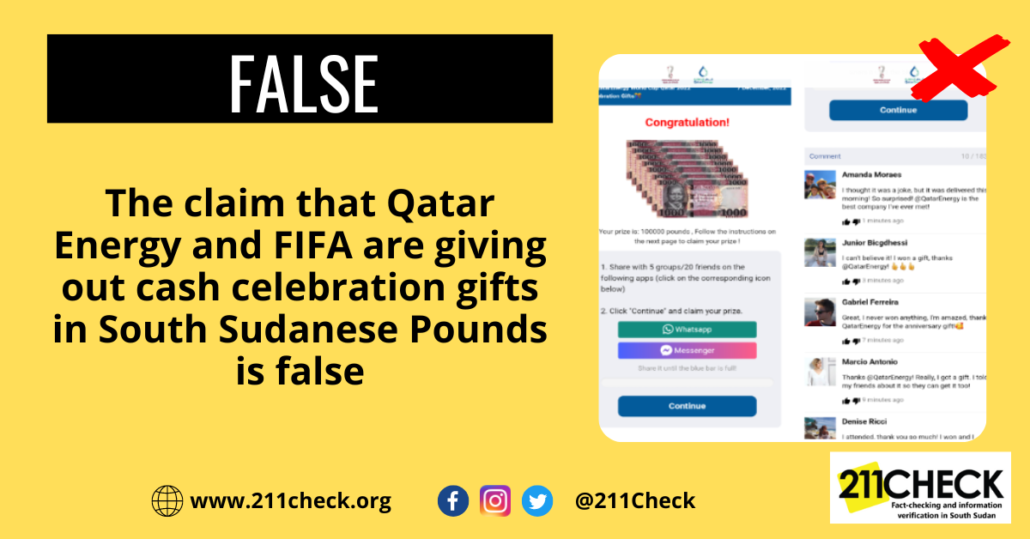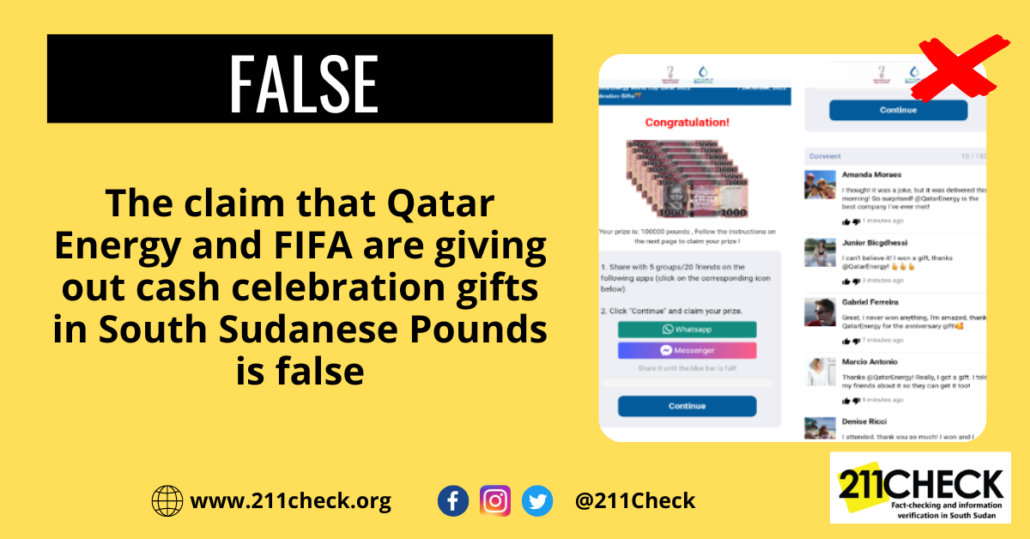FALSE: Video not of Raila Odinga saying he’ll take President Ruto back to the ICC
The Azimio la Umoja-One Kenya Coalition leader does not mention ICC anywhere in the video.
Writer: PesaCheck
A video shared on Facebook with text claiming that former Kenyan Prime Minister Raila Odinga has said he will take President William Ruto back to the International Criminal Court (ICC) is FALSE.
Shared on 21 November 2022, the recording claims that Odinga said Ruto stole his votes, and as such he will return him to The Hague-based court.
“Raila anasema atarudisha Ruto ICC kwa kuiba kura zake [Raila says he will take Ruto back to the ICC for stealing his votes],” the text accompanying the video reads.
Ruto was among six Kenyans prosecuted at the ICC following the December 2007 general election violence in which over 1,000 people died. He and five others were accused of committing crimes against humanity.
The president’s case was, however, thrown out in April 2016, for lack of sufficient evidence.
Did Odinga say he will take Ruto back to the ICC? We reviewed the entire video and established that the text accompanying it is clickbait.
In the address, the opposition leader tackles the cost of living, accusing the president of failing to fulfil his campaign promises of reducing the cost of fuel and maize flour.
Odinga, whose Orange Democratic Movement party is a member of the Azimio coalition, also criticised Ruto for his foreign trips that cost millions of taxpayers’ money “yet Kenyans are suffering”.
The opposition leader also weighed in on the importation of genetically modified foods, stating that Ruto should not have lifted the ban imposed during the late Mwai Kibaki’s presidency.
We did a keyword search on YouTube to establish whether there is any recent video of Odinga addressing the ICC issue, but the results were negative.
PesaCheck has looked into a video shared on Facebook with the text claiming that former Prime Minister Raila Odinga has said he will take President William Ruto back to the International Criminal Court (ICC) at The Hague and finds it to be FALSE.
This post is part of an ongoing series of PesaCheck fact-checks examining content marked as potential misinformation on Facebook and other social media platforms.

